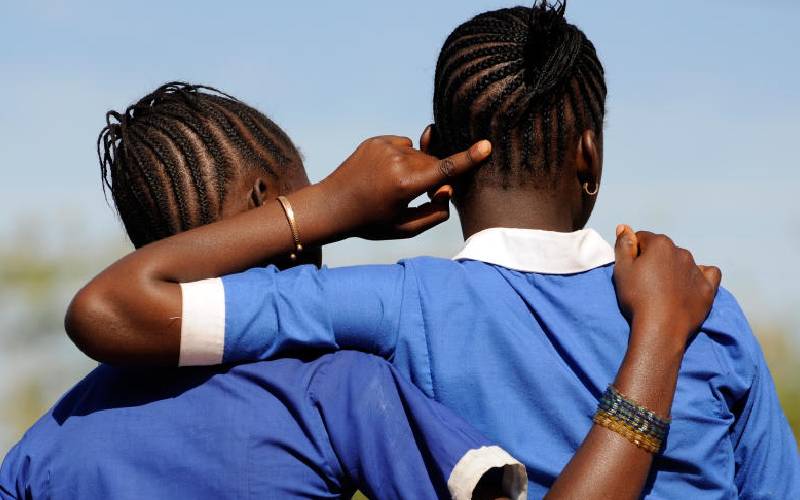×
The Standard e-Paper
Kenya’s Boldest Voice

COVID-19 has posed a serious threat to our health, security and lives. Education in schools and universities has also faced unprecedented challenges. Students, parents and educators are feeling the extraordinary ripple effect of the novel coronavirus as schools remain shut.